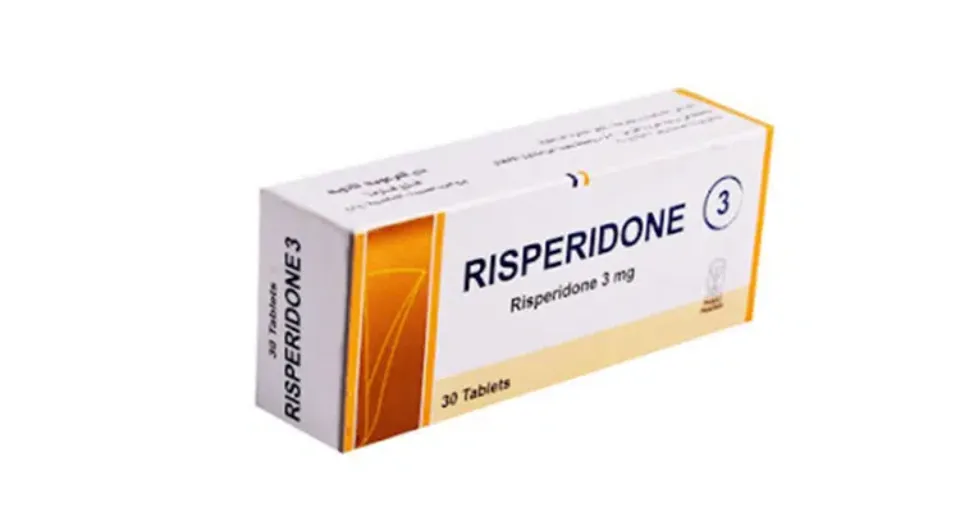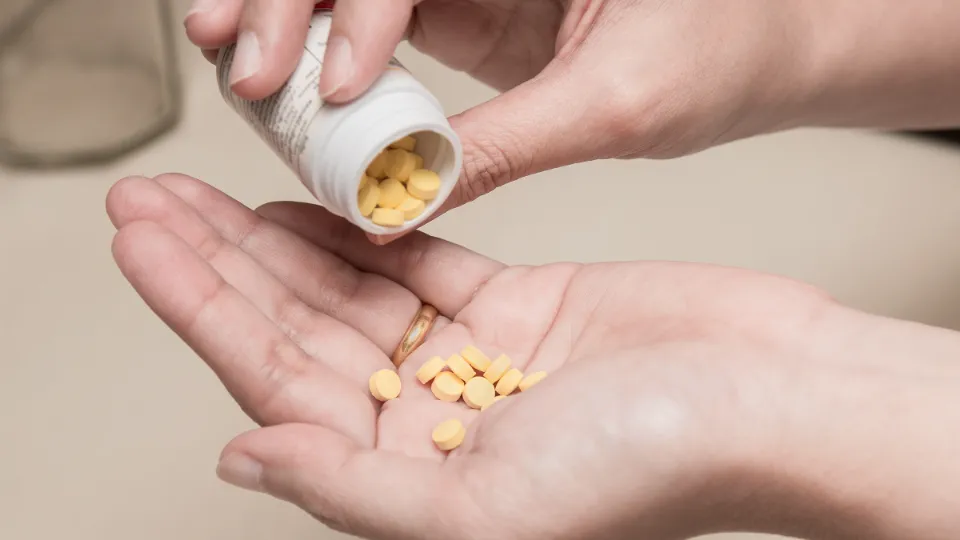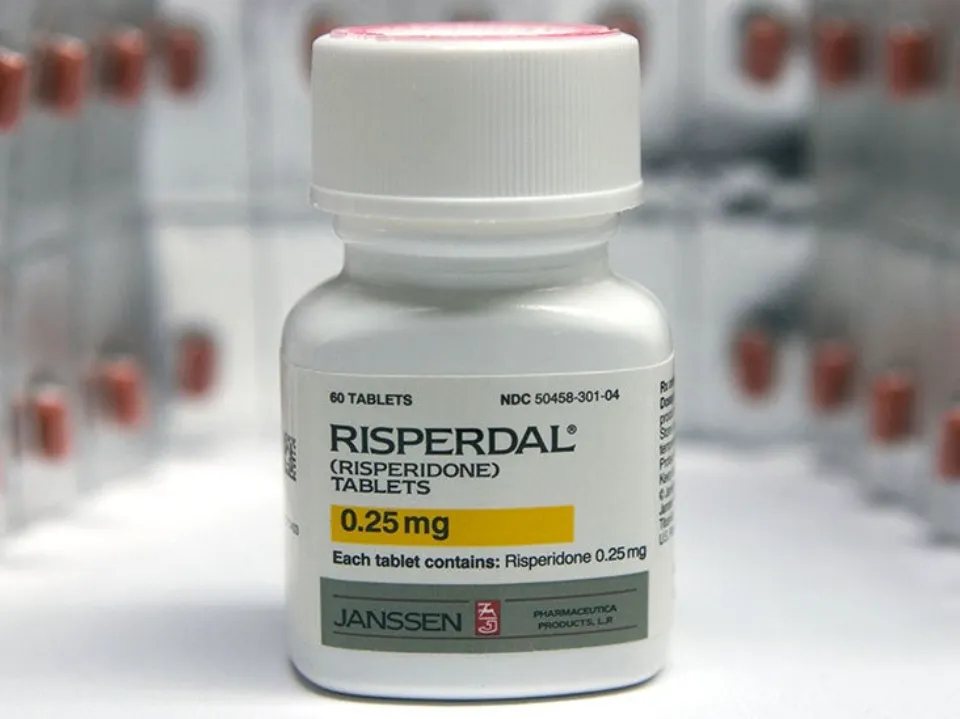A medication called risperidone aids in treating the signs and symptoms of some mental health issues.
The symptoms are lessened as a result of risperidone’s ability to counteract dopamine’s effects in the brain. The positive effects of risperidone may also be due to its effects on other neurotransmitters in the brain, including serotonin.
Read on to learn more about Risperidone.
What is Risperidone?
Risperidone is a medicine that helps with symptoms of some mental health conditions such as:
- Schizophrenia
- Mania symptoms of bipolar disorder, where your mood changes between feeling highly excited (mania) and very low (depression)
- Aggressive or agitated behavior in children (over 5 years) or young people with learning disabilities
- Aggressive or agitated behavior in adults with Alzheimer’s disease
Risperidone is a drug that can be used to treat bipolar I disorder, schizophrenia, psychotic symptoms, and autistic disorder in children.
Risperidone’s exact mechanism of action is unknown, but experts contend that its primary effects come from blocking both dopamine and serotonin receptors. Other effects may be due to blocking other neurotransmitter receptors.
Atypical antipsychotics, which include risperidone, are a group of medications. Atypical means it is less likely than older antipsychotics to cause extrapyramidal side effects.

How Does Risperidone Works?
The brain contains a substance called dopamine that acts as a natural chemical messenger (or “neurotransmitter”).
Dopamine is a chemical messenger in the brain mainly involved with thinking, emotions, behaviour and perception.
In some illnesses, there may be too much dopamine, and this causes some of the symptoms of the illness.
The symptoms are lessened as a result of risperidone’s ability to counteract dopamine’s effects in the brain.
The positive effects of risperidone may also be due to its effects on other neurotransmitters in the brain, including serotonin.
Risperidone’s full effects may not be felt for four to six weeks, but for some people, they start appearing after just one week.
For the first few weeks, you should keep in touch with your doctor to see how it goes. To check your symptoms, they might run some tests.
Your doctor might change the medication or up the dose if you haven’t experienced any positive effects after two to three weeks.
Your doctor will start you on a low dose and gradually increase it until it works for you. This might take a few days or weeks.
Three weeks pass before the long-acting injection begins to release risperidone if you are just starting treatment.
You will therefore require another antipsychotic substitute. This could be risperidone tablets or your previous antipsychotic.
Risperidone is continuously released from the injection over a two-week period, necessitating every two-week injections. It only matters when you first begin treatment because of the injection’s three-week delay in risperidone release. Imagine that the fuse wire on the injection is very long.
If you were already on some other tablets, you will need to continue with them for those first few weeks on the injection.
If you were not on other tablets, the doctor will probably give you some risperidone tablets until the injection starts to work.
If you were taking a different depot or long-acting injection, you might have taken one dose of each very soon after the other.
Taking both types for the first few weeks won’t result in an overdose, as was previously explained.

Upsides and Downsides of Risperidone
Upsides
- relieves psychotic symptoms like delusions, confusion, erratic thoughts, and lack of awareness or insight.
- used to treat schizophrenia, severe mania, or mixed bipolar episode either alone or in combination with other medications.
- When used for acute manic or mixed episodes linked to Bipolar I disorder, lithium or valproate may be added.
- In children and adolescents with autism spectrum disorder, aged 5 to 17, risperidone may also be used in small doses to treat irritability, aggression symptoms, temper tantrums, and mood swings.
- Not an illegal substance.
- There is risperidone in generic form.
Downsides
If you are between the ages of 18 and 60, take no other medication or have no other medical conditions, side effects you are more likely to experience include:
- Your ability to drive or operate machinery may be hampered by sleepiness. Avoid alcohol.
- At doses greater than 6mg/day, the likelihood of extrapyramidal symptoms (such as agitation, tremor, and uncontrolled muscle contractions) increases. Higher dosages have also not been associated with extra efficacy. Dosages for adolescents should be limited to 3mg/day to limit the risk of side effects.
- Other common side effects include anxiety, blurred vision, dizziness, gastrointestinal disturbances (nausea, vomiting, constipation, diarrhea, dyspepsia, pain), excessive salivation, tiredness, weight gain, and rash. Uncommonly, a reduction in the numbers of white blood cells, swallowing difficulty, priapism (sustained erections), and seizures may occur.
- A drop in blood pressure on standing, particularly during the initial dose-titration period; dosage may need to be reduced then titrated up slowly. People at risk for dehydration, those with known cardiovascular disease (history of a heart attack, angina, heart failure, or arrhythmia), and stroke victims may not be the best candidates.
- a rise in blood sugar levels. People with a history of diabetes or at risk of diabetes should be monitored closely. May also cause undesirable changes in blood cholesterol and lipid levels and weight gain (on average, 4.3kg after 6 months of therapy).
- an increase in prolactin levels (risk is higher than with most other antipsychotics), which can have negative effects like decreased bone density, impotence, infertility, menstrual irregularities, and breast growth in men. Those who have a history of prolactin-dependent breast cancer may not be a good fit.
Conclusion
Risperidone can take four to six weeks to fully take effect, but some people start to feel good about themselves in the first week. You must always abide by the directions in the medication’s leaflet when taking any medication. You can take this medication with or without food.



